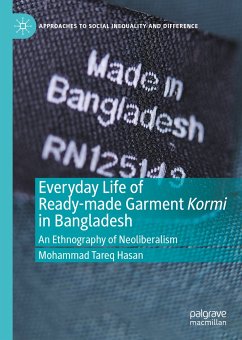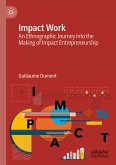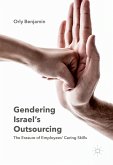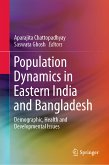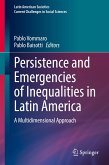"Mohammad Tareq Hasan's powerful and sensitive understanding of the situations of female garment workers in Bangladesh's clothing factories critically contextualizes commanding theoretical discourse grounding their insights but simultaneously demonstrating the limits to their understanding. Hasan in his masterly analysis shows how ethnography is not merely illustrative of theory but central to its construction."
-Bruce Kapferer, Emeritus Professor, University of Bergen and Honorary Professorial Fellow, University College, London
"Everyday Life of Ready-made Garment Kormi in Bangladesh is a rich ethnography of the lives of garment workers in Bangladesh. Hasan argues against the orthodox view of garment workers as the pawns of capitalism; instead, he shows how workers renegotiate capitalist agendas to create emancipatory opportunities. The book adds a new dimension to the growing literature on the garment industry by focusing on the female garment kormi as the agent of social change."
-Lamia Karim, Professor of Anthropology, University of Oregon
Mohammad Tareq Hasan is Assistant Professor in the Department of Anthropology, University of Dhaka, Bangladesh.
Dieser Download kann aus rechtlichen Gründen nur mit Rechnungsadresse in A, B, BG, CY, CZ, D, DK, EW, E, FIN, F, GR, HR, H, IRL, I, LT, L, LR, M, NL, PL, P, R, S, SLO, SK ausgeliefert werden.
Es gelten unsere Allgemeinen Geschäftsbedingungen: www.buecher.de/agb
Impressum
www.buecher.de ist ein Internetauftritt der buecher.de internetstores GmbH
Geschäftsführung: Monica Sawhney | Roland Kölbl | Günter Hilger
Sitz der Gesellschaft: Batheyer Straße 115 - 117, 58099 Hagen
Postanschrift: Bürgermeister-Wegele-Str. 12, 86167 Augsburg
Amtsgericht Hagen HRB 13257
Steuernummer: 321/5800/1497
USt-IdNr: DE450055826
Bitte wählen Sie Ihr Anliegen aus.
Rechnungen
Retourenschein anfordern
Bestellstatus
Storno

